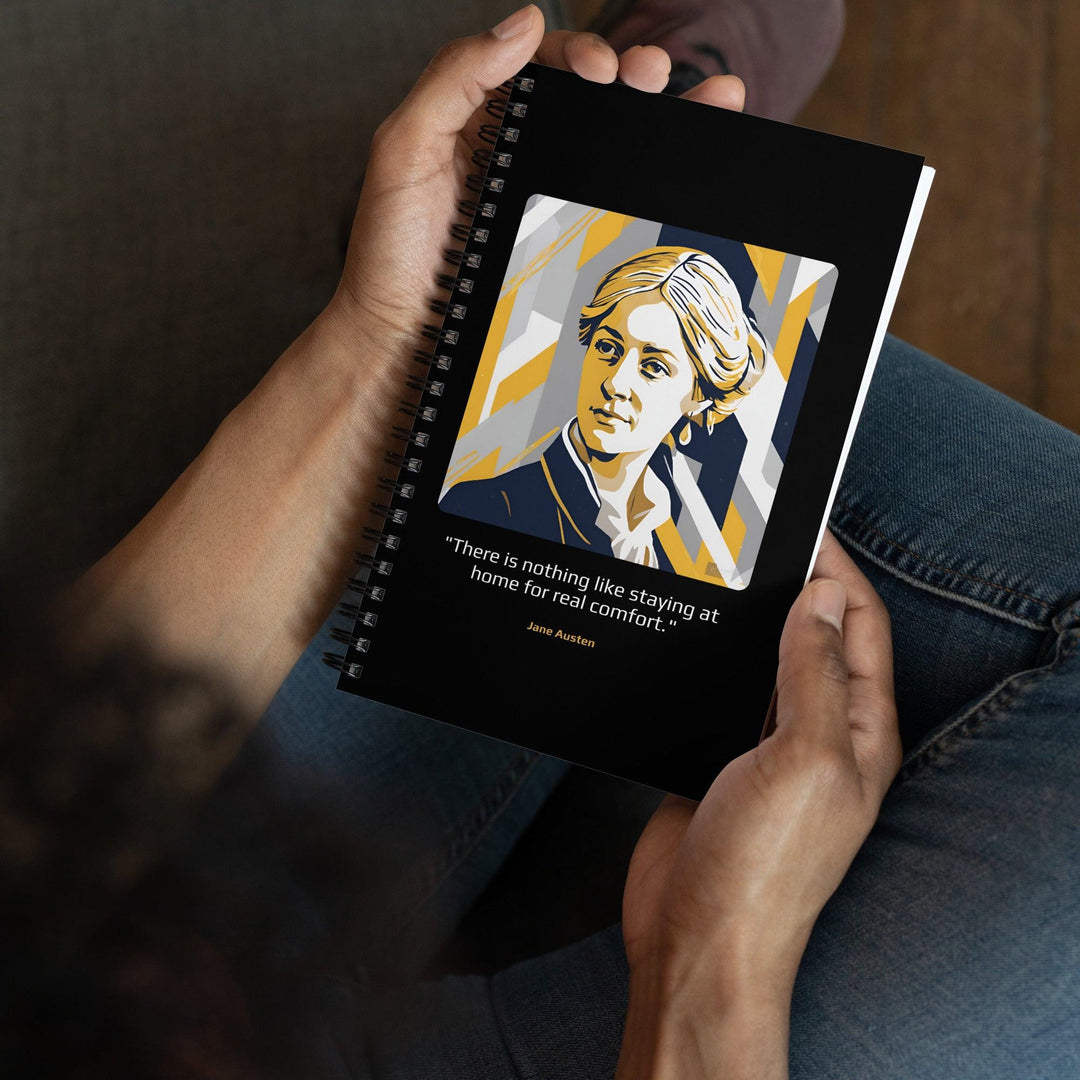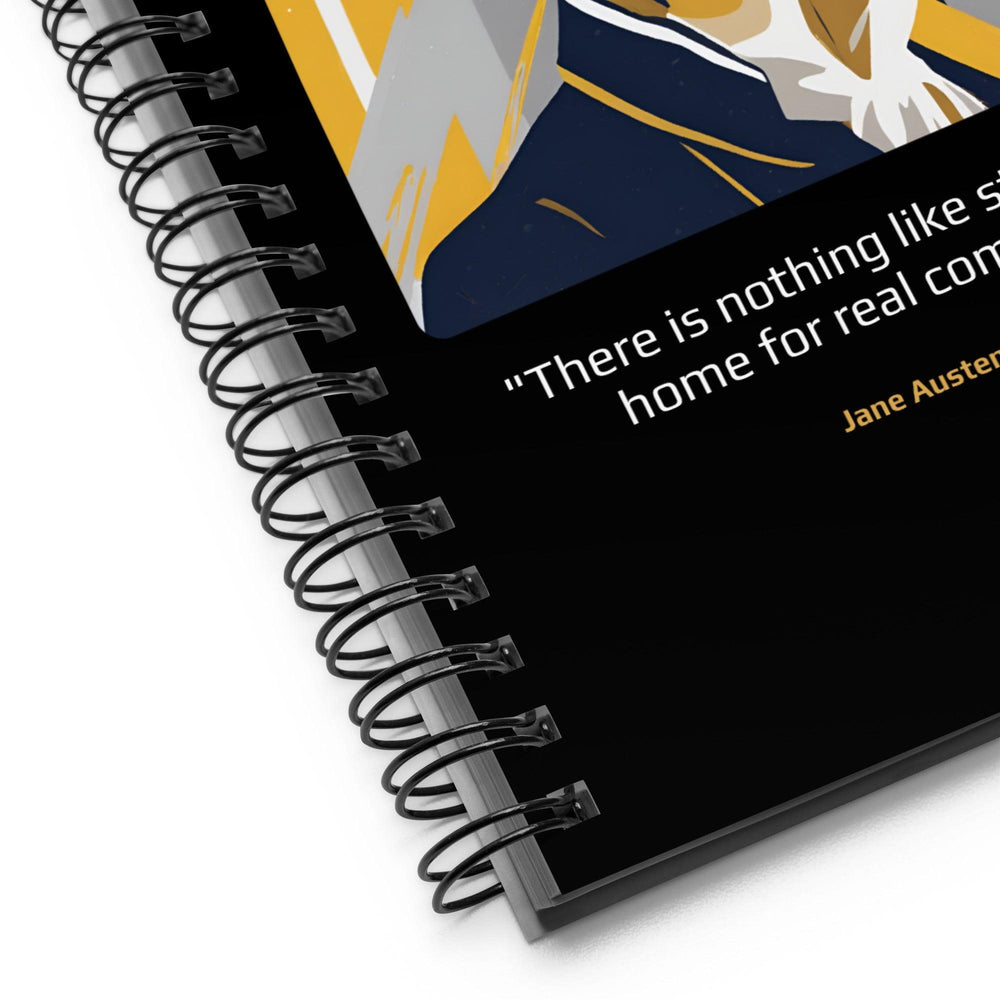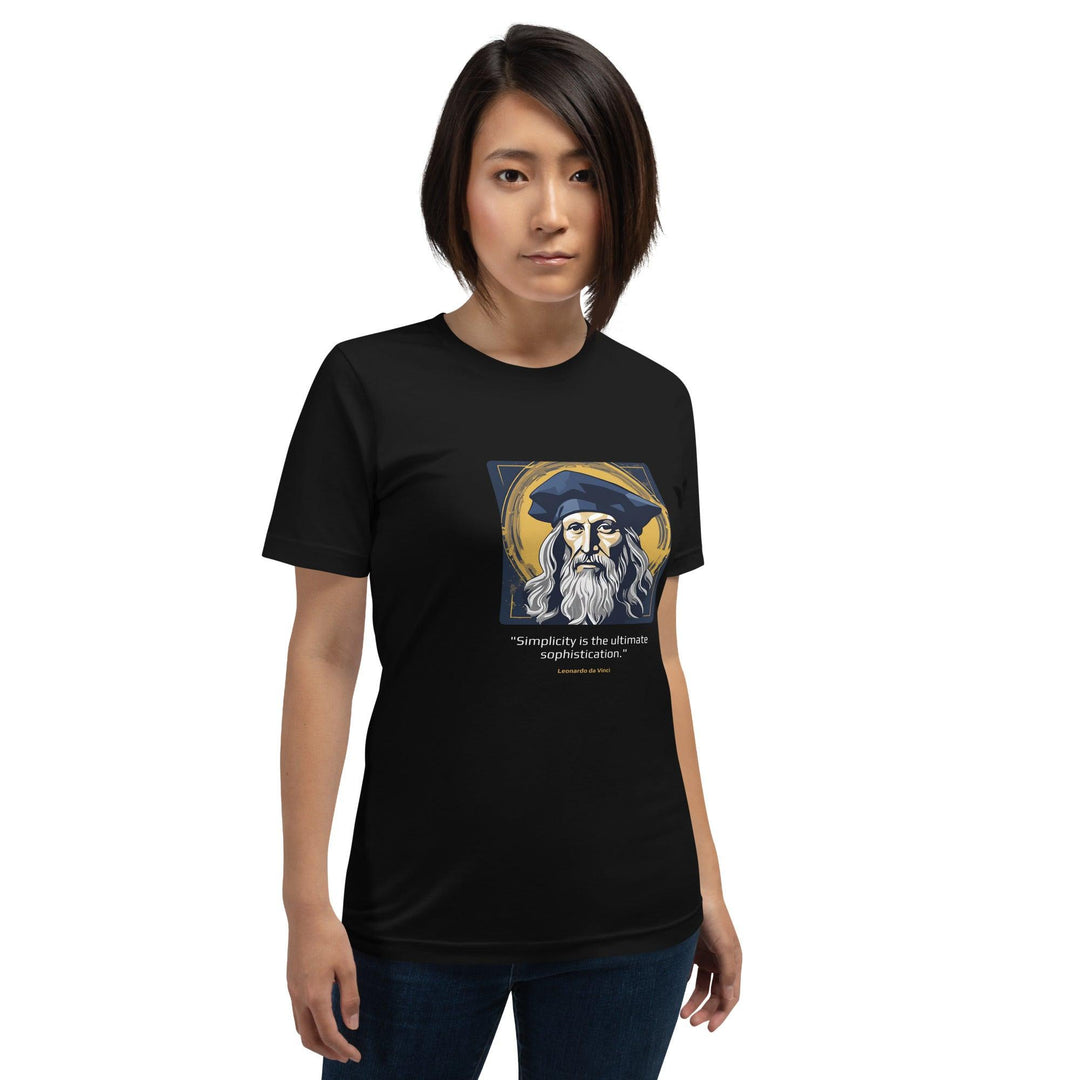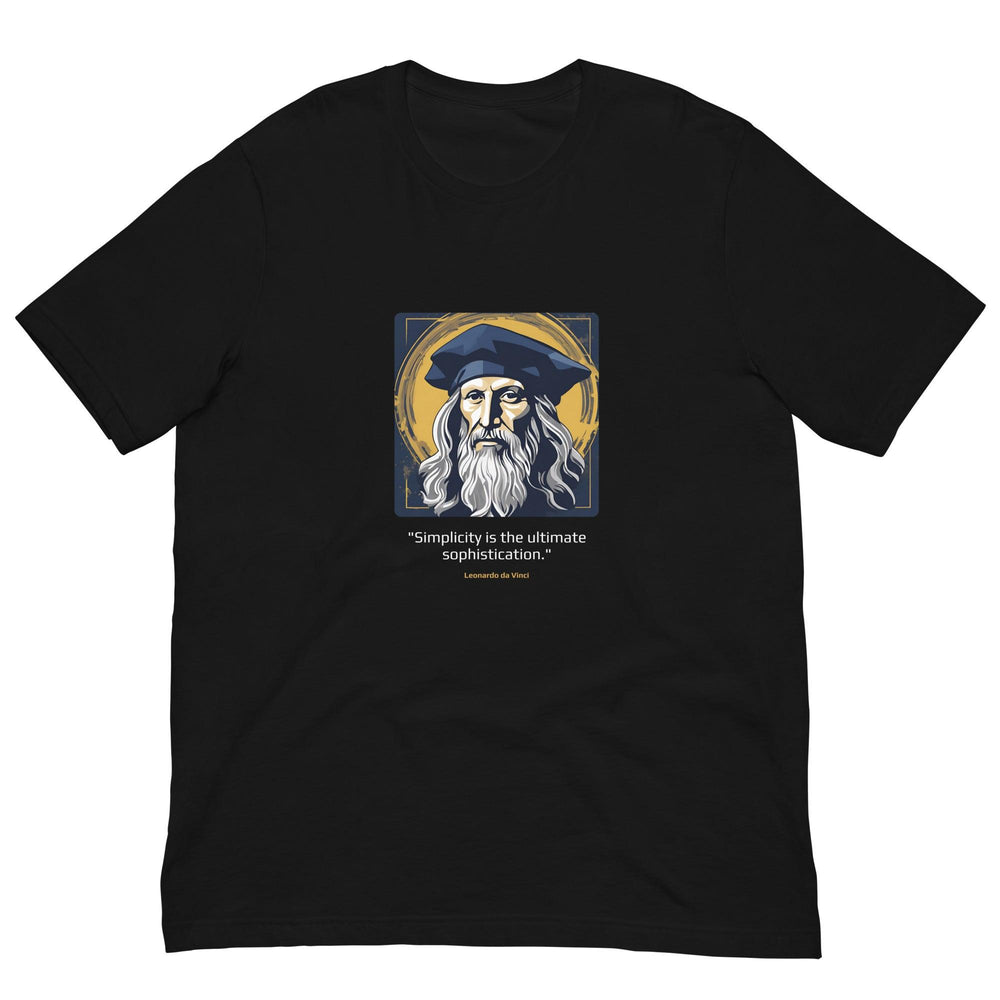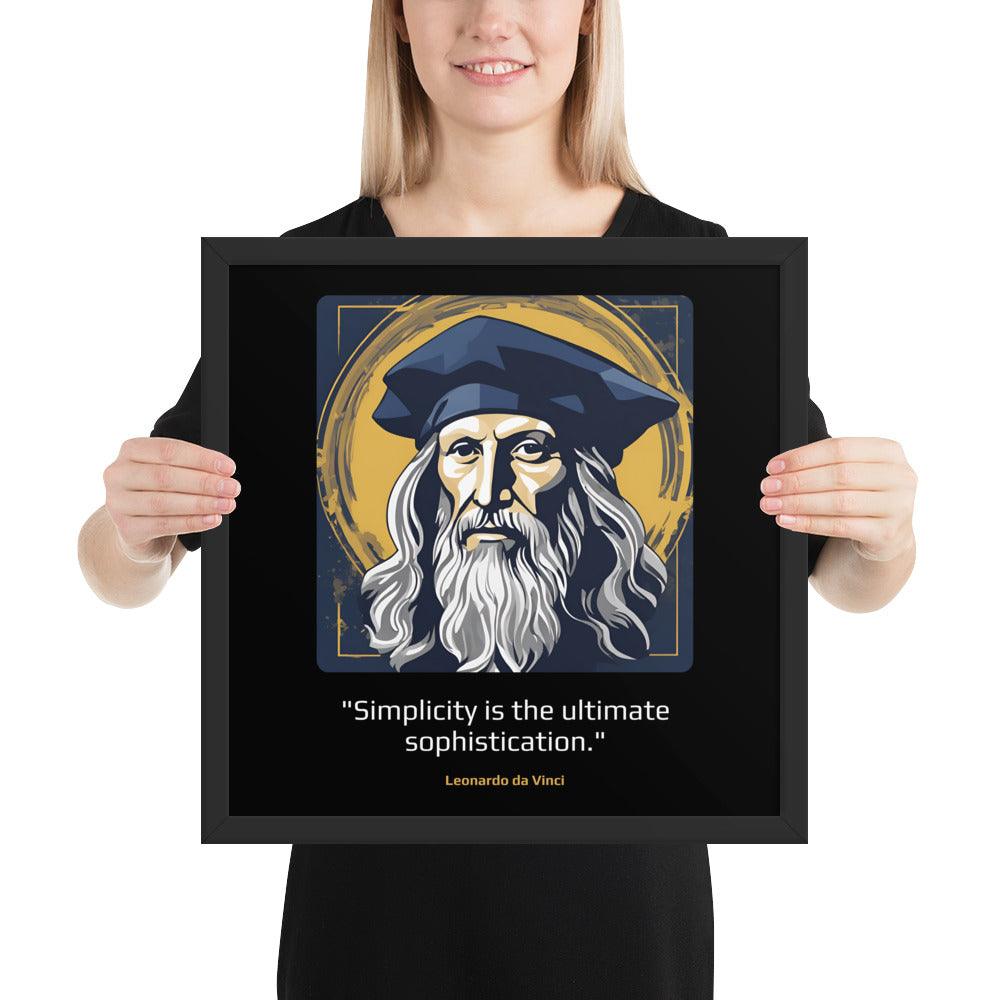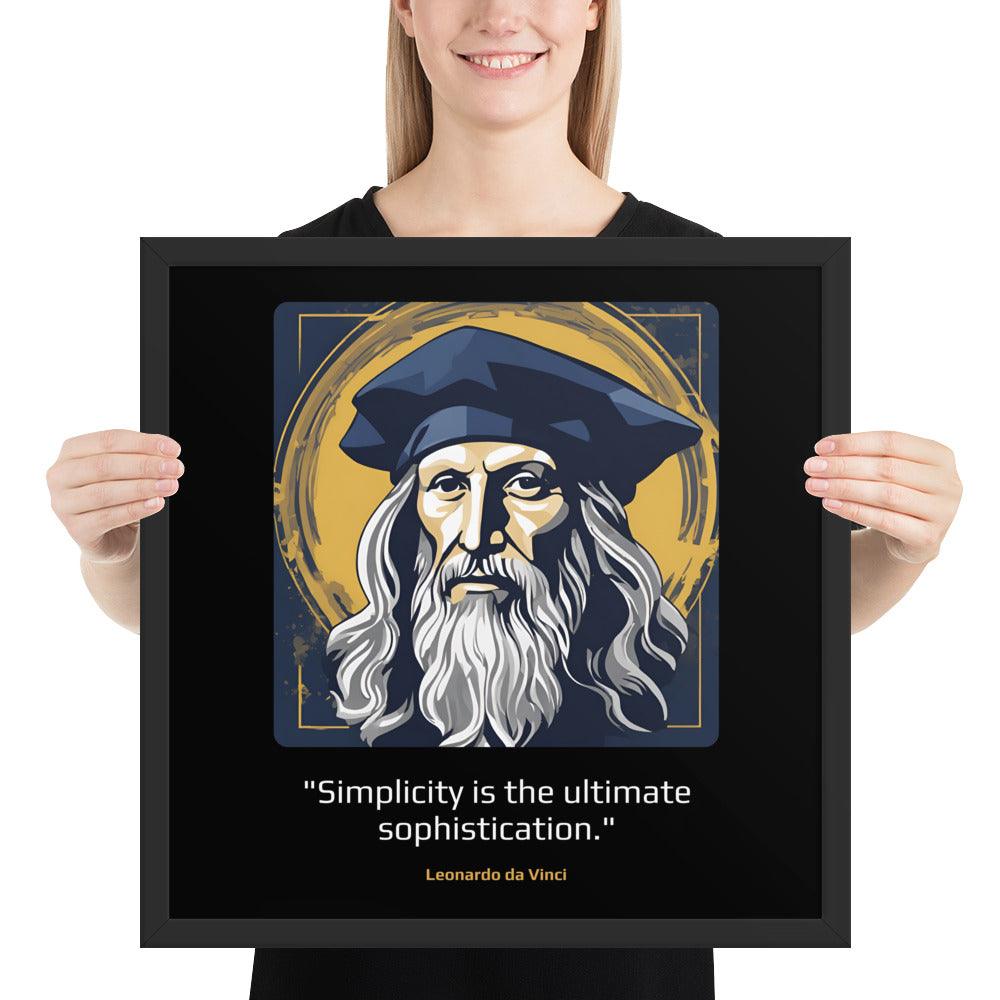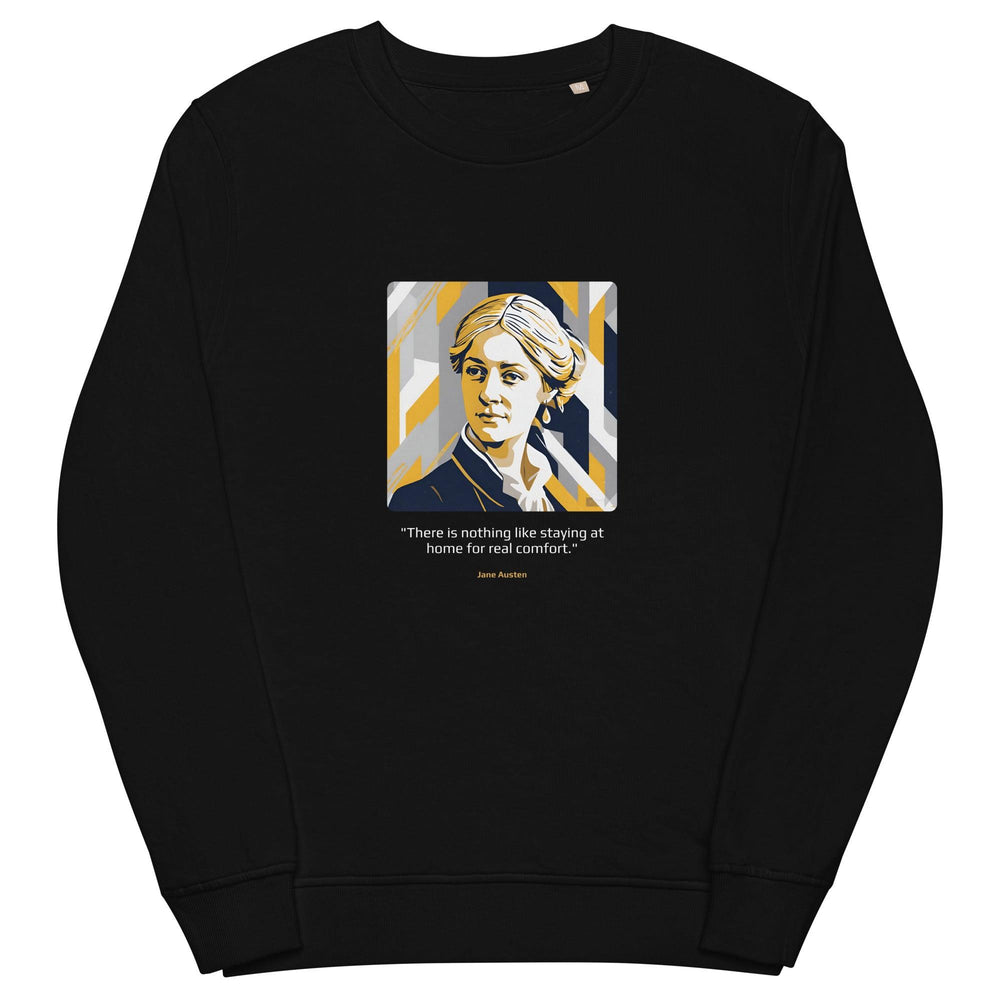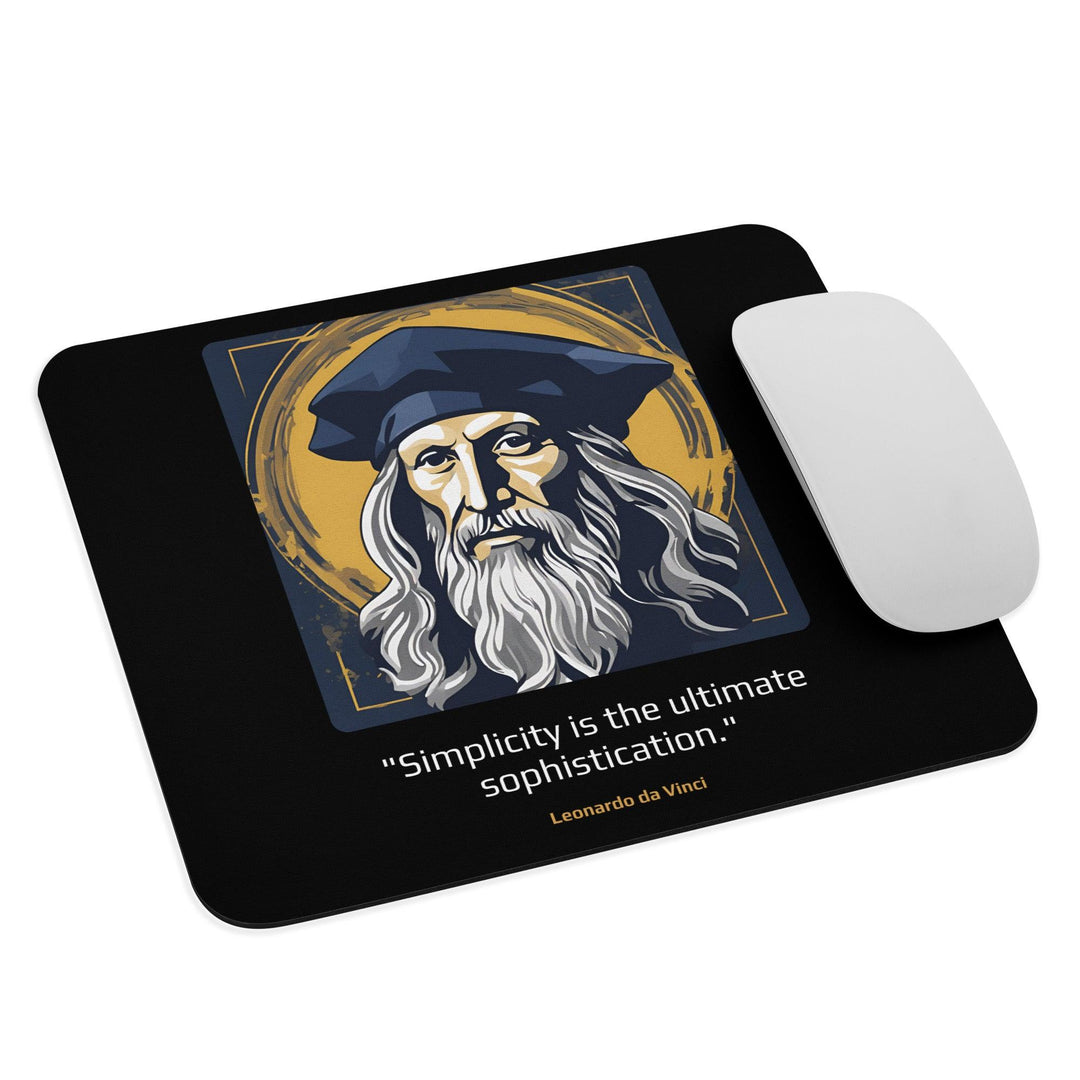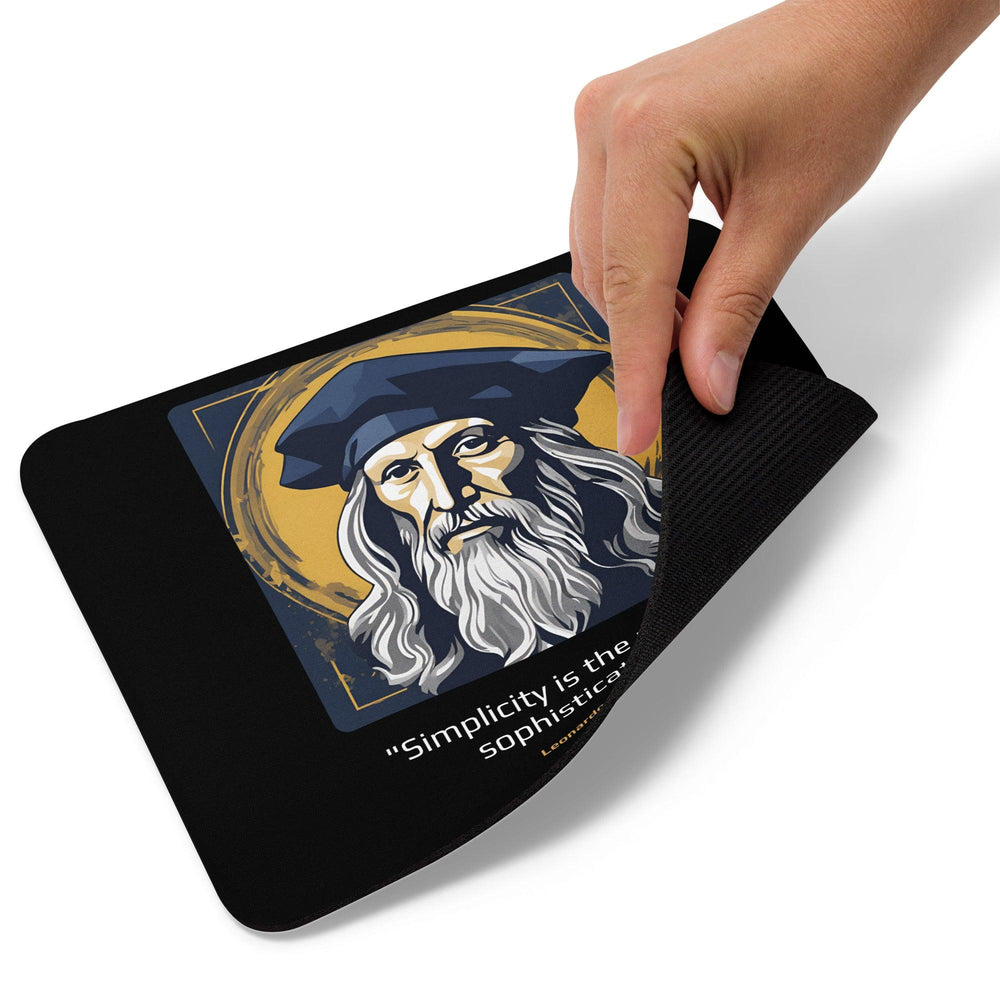Leonardo da Vinci
1452-1519
Leonardo da Vinci was an Italian polymath of the Renaissance who made significant contributions to art, science, engineering, anatomy, and numerous other fields. Known for masterpieces such as the "Mona Lisa" and "The Last Supper," his insatiable curiosity and inventive mind have left an enduring legacy.
Beginnings
Leonardo da Vinci was born on April 15, 1452, in Vinci, Italy. As the illegitimate son of a notary, he had access to scholarly texts and a broad education, which fueled his diverse interests. His early exposure to the natural world in rural Tuscany inspired his lifelong fascination with the interplay between art and science. Da Vinci once said, "Learning never exhausts the mind," reflecting his belief in the boundless nature of knowledge.
Prime Years
During the late 15th century, Leonardo moved to Milan, where he worked for the Duke of Milan, Ludovico Sforza. This period marked the creation of some of his most famous works, including "The Last Supper," which remains a pinnacle of artistic achievement. Leonardo's notebooks from this time reveal his detailed studies of anatomy, hydraulics, and flight. His insatiable curiosity led him to sketch ideas for inventions such as the helicopter and the armored vehicle.
Leonardo's approach to art and science was revolutionary. He believed in empirical observation and insisted that art was deeply connected to the natural laws. He famously stated, "Simplicity is the ultimate sophistication," a philosophy that guided his artistic and scientific pursuits. His contributions went beyond painting; his anatomical studies were groundbreaking, showing an unparalleled understanding of the human body.
Legacy
During the late 15th century, Leonardo moved to Milan, where he worked for the Duke of Milan, Ludovico Sforza. This period marked the creation of some of his most famous works, including "The Last Supper," which remains a pinnacle of artistic achievement. Leonardo's notebooks from this time reveal his detailed studies of anatomy, hydraulics, and flight. His insatiable curiosity led him to sketch ideas for inventions such as the helicopter and the armored vehicle.
Leonardo's approach to art and science was revolutionary. He believed in empirical observation and insisted that art was deeply connected to the natural laws. He famously stated, "Simplicity is the ultimate sophistication," a philosophy that guided his artistic and scientific pursuits. His contributions went beyond painting; his anatomical studies were groundbreaking, showing an unparalleled understanding of the human body.
Leadership quotes by Leonardo da Vinci

Who Said It
Leonardo da Vinci
(1452-1519)
Leonardo da Vinci was an Italian polymath of the Renaissance who made significant contributions to art, science, engineering, anatomy, and numerous other fields. Known for masterpieces such as the "Mona Lisa" and "The Last Supper," his insatiable curiosity and inventive mind have left an enduring legacy.


